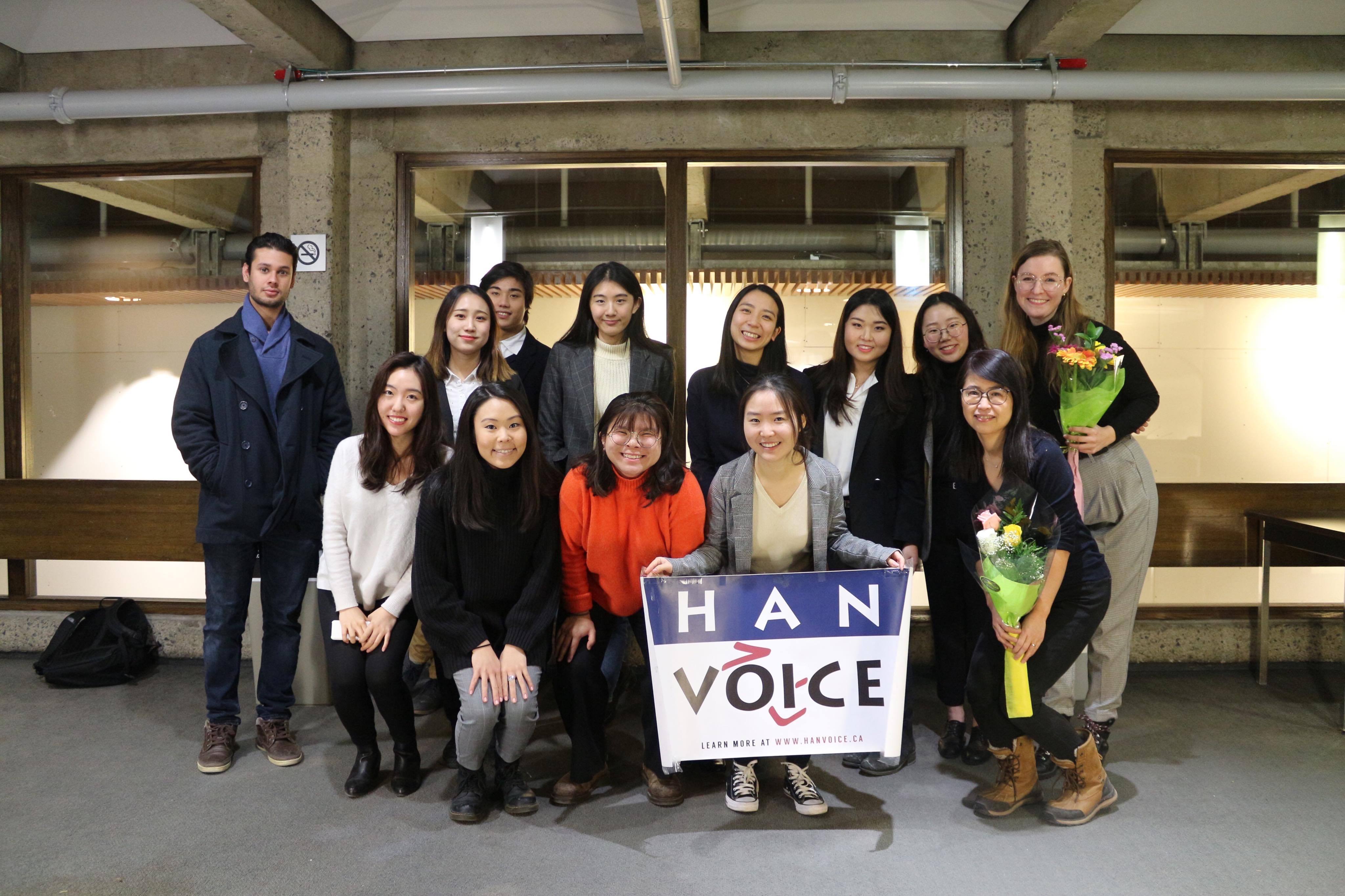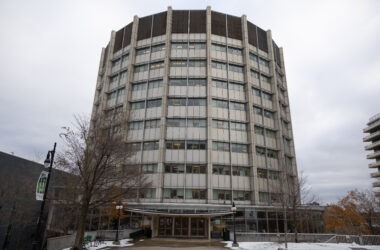McGill Students for HanVoice, a student chapter of the Canadian advocacy group for North Korean refugees and human rights, hosted a panel on Nov. 15 to shed light on the gendered experiences of North Korean migration and to highlight the ways that women are disproportionately marginalized throughout their journeys.
McGill Institute for the Study of International Development (ISID) professor Kazue Takamura, whose research focuses on the movements of migrants from developing areas, particularly in Asia, opened the panel by contextualizing Asian migration regimes. Takamura spoke about the role of migrant surveillance, which takes the form of border security and detention centers, in creating distinct migration experiences based on gender and the limitations of international human rights regimes in to improve women’s precarious mobility.
“Migrant surveillance regimes are contributing to [capital-driven migration-related policies], the state of not just opening up borders but also controlling the border and deporting migrants,” Takamura said. “You see intensified migrant surveillance but also […] the [creation] of [forced] displacement, meaning that those asylum seekers are subject to detention and deportation.”
Building on Takamura’s presentation, HanVoice Director of Research Mégane Visette discussed the inherent link between the gender-based experience of refugees and border surveillance regimes between North Korea, China, and other Southeast Asian countries that defectors have to cross to reach South Korea. Most North Korean defectors flee to South Korea because its Ministry of Unification offers them protection through a resettlement program. Since 2004, however, refugees can also seek asylum in the United States under the provisions of the North Korean Human Rights Act (NKHRA), but less than 200 refugees have been admitted to date.
Visette emphasized some reasons for the gender-based experience of North Korean women defectors, pointing to China’s former one-child policy. In Jan. 2016, the policy was loosened to allow couples to have two children; however, the 36-year long policy created a demand for brides, which also increased mobility opportunities for women.
“Marriage, then, [became] a survival strategy,” Visette said. “When you’re crossing the border, you don’t have much choice […] but you [may] know someone who can make you go through the border if you become the bride [to a stranger]. The advantage of [this survival strategy] is that [it allows you to] get into those very invisible spaces [of] famil[ies], which [protects you from being denounced] by the Chinese authorities.”
Visette concluded by discussing how Southeast Asian countries rationalize their treatment of North Korean refugees by classifying North Korean defectors as economic migrants as opposed to refugees. China, for example, has been able to deny them the protection mandated by the United Nations 1951 Refugee Convention, which defines the term “refugee” and ratifyies states’ obligations to protect them.
“[T]he international legal system [offers] such a cookie-cutter sort of interpretation of what a refugee convention [that leaves, which leaves] a lot of people […] in a grey zone,” Visette said. “North Korean refugee women cannot access refugee status [in Thailand, which prevents them from accessing] private sponsorship programs in Canada because this is reliant on the UNHCR […] definition.”
The event ended with a video interview of North Korean defector Yeeun Joo, who spoke about her journey from North to South Korea by travelling through China with the help of missionaries, who protected her from experiencing any gender-based violence. Joo described her 20 years living in the one-party state.
“There’s such a drastic difference in the quality of life compared to South Korea,” Joo said. “There are a lot of people who live unaware of the fact that their freedoms were stolen from them [….] We have this song about freedom [even though] we [don’t] know what “freedom” mean[s].”
Joo also spoke about her experience arriving in South Korea five years ago and the challenges of integrating into the country as a North Korean refugee.
“I was just in a daze,” Joo said. “I really thought that I was in a dream and kept questioning it. And there was a part of me that was really worried. I questioned how to live here, how to act […] We spoke […] differently and, [because] we live so far [from each other], our cultures, manners, stories, and ways of speaking [are] all different, so I had to be careful about everything, but I didn’t know how.”
Joo dreams of becoming a teacher, with ambitions of creating an education system to teach North Korean children if the two Koreas ever unify.







